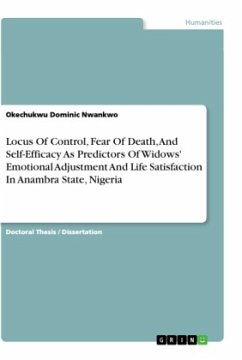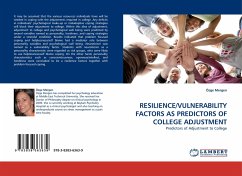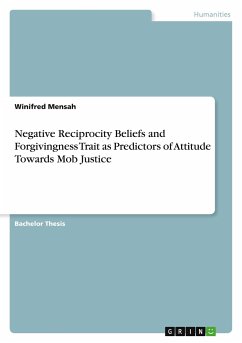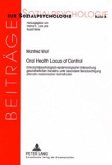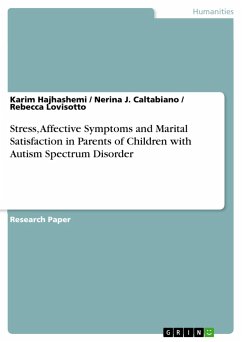Doctoral Thesis / Dissertation from the year 2020 in the subject Psychology - Social Psychology, grade: 4.5 of 5 (65%), Chukwuemeka Odumegwu Ojukwu University (Department of Psycholog), course: Social Psychology, language: English, abstract: The study was on locus of control, fear of death, and self-efficacy as predictors of widows' emotional adjustment and life-satisfaction in Anambra State, Nigeria. It aims to examine whether these psychological variables could be used to improve widows' emotional adjustment and life-satisfaction. The three locus of control dimensions (internal locus, chance, and powerful others) and the two self-efficacy dimensions (general self-efficacy and social self-efficacy) were used to study locus of control and self-efficacy. Using cluster and purposive sampling methods, 887 participants/widows were selected from Anambra State, Nigeria. The participants had a minimum educational level of senior secondary school, mean age of 52.2 years, mean number of 4children and mean widowhood length of 8.5 years. Locus of control, fear of death, self-efficacy, emotional adjustment, and life satisfaction were measured on 5-point scale using locus of control scale, fear of death scale, self-efficacy scale, emotional adjustment measures, and satisfaction with life scale respectively. The study had cross-sectional design. The collected data which attained interval measurement were analyzed with hierarchical regression. The results showed that locus of control were significant predictors of emotional adjustment of widows. Internal locus (beta = .22, p< .001) and social self-efficacy (beta = .10, p = .003) were also significant predictors of widows' life satisfaction. Fear of death (beta = .01, n.s.), chance (beta = .03, n.s.), powerful others (beta = -.04, n.s.), and general self-efficacy (beta = .02, n.s.) did not predict widows' life satisfaction. Finally, there was significant negative correlation between emotional adjustment and life satisfaction of widows (r = -.11, p < .001). Recommendations were made for widows to engage personal development that will equip them with skills that enhance general self-efficacy. Again, more studies need to be carried out in Igboland at large in order to know if similar results would be obtained. The implication of the study is that widows will achieve emotional adjustment and life satisfaction if they believe in their competence rather than societal solidarity.

